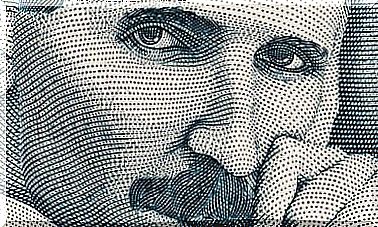Do Hurting, Critical People Lack Something Inside?

What reason can lie behind critical people and their constant attempts to criticize everything around them to feel good? What could be the motivation behind their hurtful criticism? What is missing within them that they are trying to offset?
The answer to these questions can be the key to understanding critical people. A study from Wake Forest University proved how critical people are actually more unhappy and at higher risk for depression.
Another recent study also showed this. It revealed how destructive criticism, rejection and humiliation are processed in the same part of the brain – the part that regulates how we experience pain.
If we think about this a little, we can realize that critical people are least happy with their lives. They are people who need to “lower the legs of the external in order for the internal to rise”.
People who are not happy about other people’s achievements and prefer to create problems rather than provide solutions, they are negative people – empty and without self-esteem.

What we criticize in other people says more about us than it does about them. When we talk about other people, we actually project our own traits on them.
In these cases, critical people project aspects of their personality or behavior that they do not accept or want to see, but that they see in others. This is why people who are healthy and have good self-esteem do not constantly criticize. It is because they have inner peace. They know themselves and know what they do not like.
That is why they work with themselves and do not focus on others. Good self-esteem and a healthy relationship with ourselves determine how we interact with others. So what can we do? Every time we see something we do not like or that annoys us in others, we should think about how much of it is actually in ourselves.
How does this affect me? Why do I not tolerate it? Why do I not like to be close to it? Maybe it will make it easier for us to understand some of us that we thought were something external.

Before we criticize, we should ask ourselves something. Will my comment be of any help? Will I provide information, advice or anything valid to the other person? Is what I say constructive or destructive? If I will not add anything, why delete something?
There is also another good question. Am I criticizing the other person or something I do not like about myself? What part of that behavior do I not tolerate in myself? What part of the criticism actually has to do with me?
Before we criticize, we should finally turn to empathy. Before we make a subjective comment, it is best to think about the other person. Because there are two sides to every coin, right?
What could have made the person act that way? What can I do to improve the situation? How does it affect me and what effect will my comment have?
When criticism comes from an internally healthy person, it is helpful criticism. If we instead criticize based on envy, anger, bitterness or unhappiness, it is negative, and such criticism can also be very hurtful.









